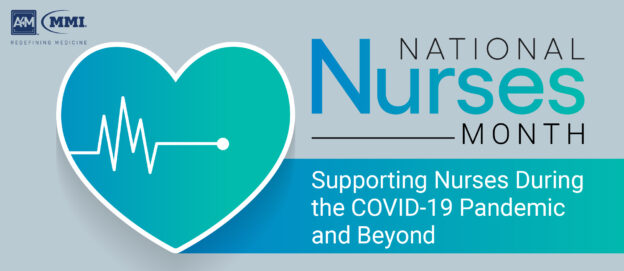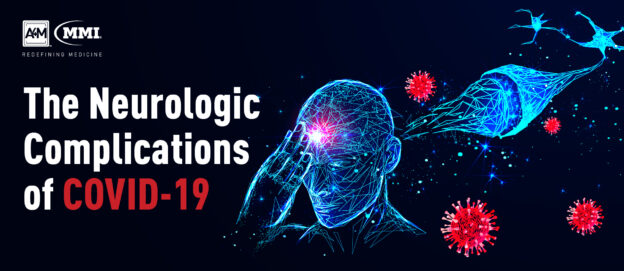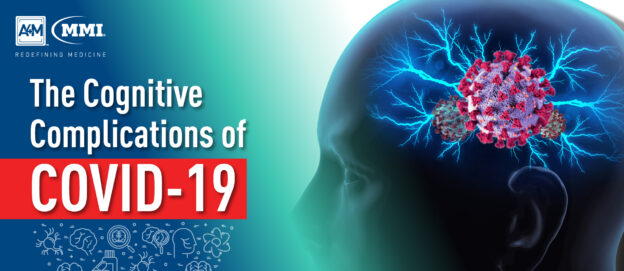At this time, the long-term complications of COVID-19 remain unknown although there is evidence of changes aside from acute symptoms referred to as “long COVID.” Several case studies have reported neurological problems in severely affected COVID-19 patients – such complications may arise from associated stroke, inflammatory syndrome, immune responses, and other health factors.
Currently, there is little clinical information concerning the nature and prevalence of cognitive consequences post-COVID infection, the full spectrum of their severity, or the connection between hospitalization status. Emerging evidence points to potential cognitive deficits associated with the virus, revealing significant brain function impacts in the worst cases of infection, according to a recent non-peer-reviewed study.
Cognitive Performance in COVID-19 Survivors
Led by Imperial College London doctor, Adam Hampshire, the study encompassed a cohort of over 84,000 participants who performed cognitive tests aimed at assessing brain performance, including word recall and puzzles. Data for analysis was gathered from the Great British Intelligence Test. The research team controlled results for age, gender, education level, income, racial-ethnic group, and pre-existing medical conditions.
The study revealed that participants who recovered from suspected or confirmed COVID-19 performed worse on cognitive tests in multiple domains than expected given their age and demographic profiles. Observed cognitive defects were of “substantial effect size,” especially among individuals who had been hospitalized with COVID-19. Furthermore, deficits scaled with symptom severity with the worst cases of illness showing a cognitive impact equivalent to a 10-year decline in global performance in patients aged between 20 and 70 years.
“Our analyses … align with the view that there are chronic cognitive consequences of having COVID-19,” the researchers wrote in a report of their findings. “People who had recovered, including those no longer reporting symptoms, exhibited significant cognitive deficits.”
Study Limitations
Hampshire and his team’s results are worrisome, however, their findings are yet to be reviewed by other researchers. Experts warn that the latest results should be interpreted with caution as the cognitive health of participants pre-COVID infection was not known or accounted for in the study. In addition, the study’s findings do not reflect long-term recovery, indicating that the cognitive effects may only be present for the short term. Study’s findings can not be entirely reliable as they do not compare before and after scores, involved a large number of people who self-reported having COVID-19 with no positive test measure
Nonetheless, the latest study alongside other emerging research on the potential cognitive repercussions of COVID-19 illness add to a growing list of concerns. While current literature signals potential for cognitive complications, it warrants further investigation and understanding of the duration of such cognitive deficits. Forthcoming studies should aim to identify the extent to which cognition is affected after infection and whether permanent neurological damage to brain function is possible.



